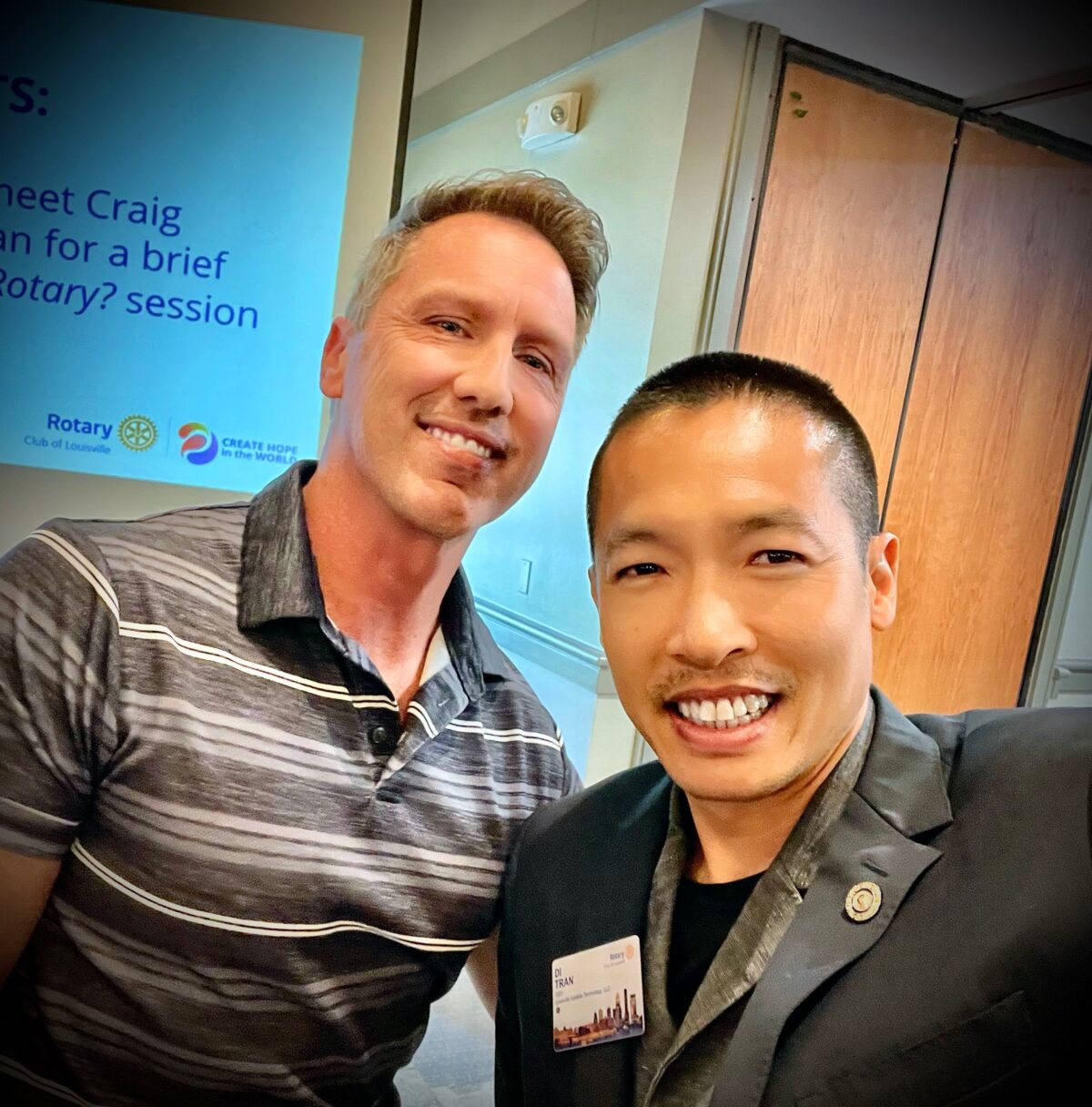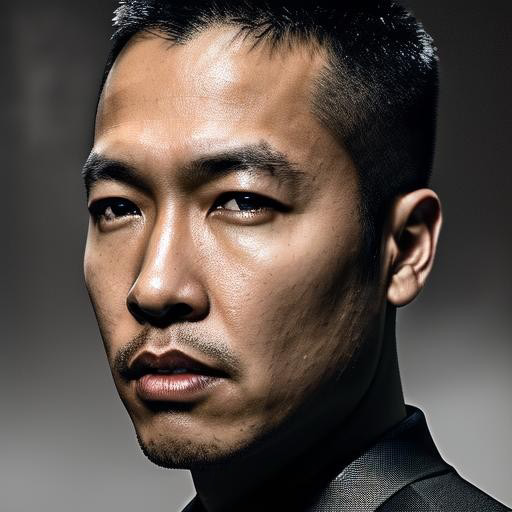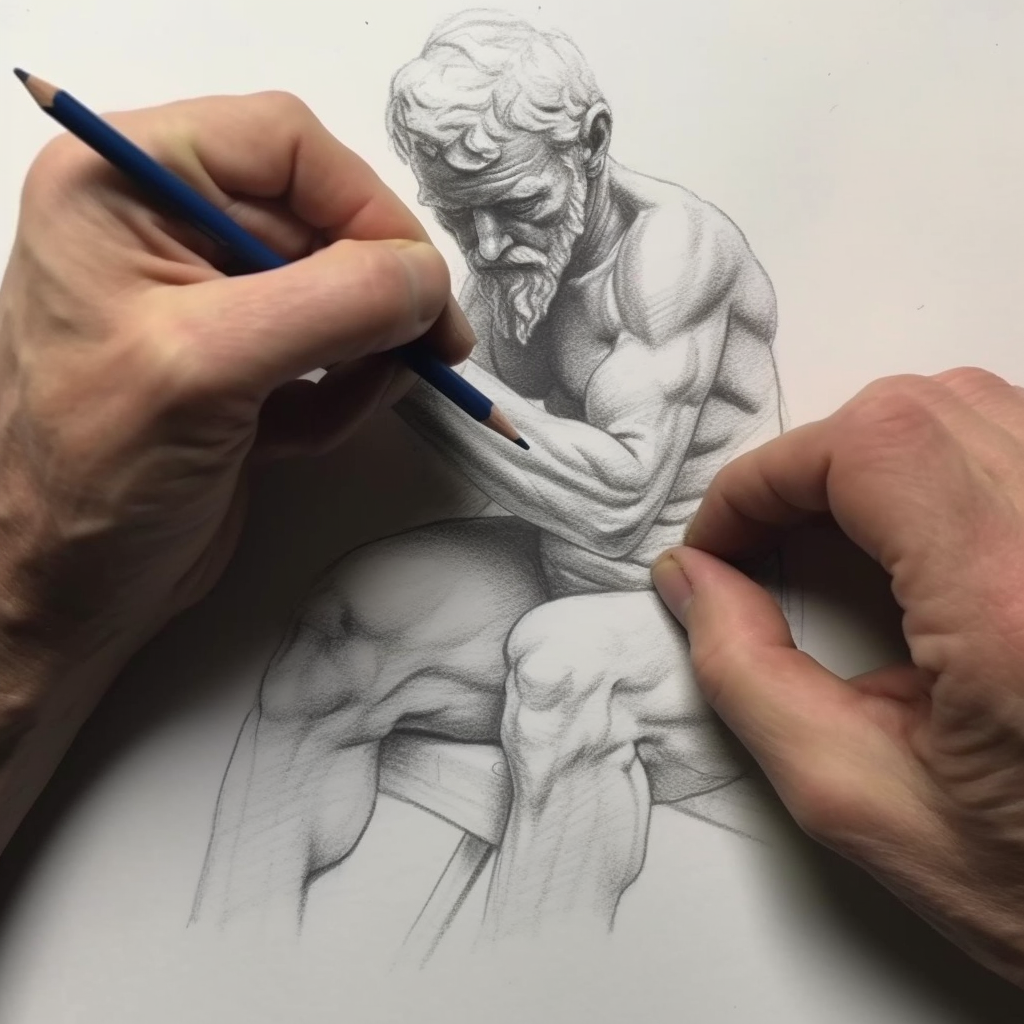Today’s reading, the Parable of the Sower as recounted in the Gospel of Matthew (13:1-23), is an enduring tale that remains deeply relevant in our current times. Seen through the lens of Di Tran’s insights, author of “Drop the FEAR and Focus on the FAITH,” we can draw new insights into this ancient wisdom.
In his book, Di Tran puts forward a compelling idea: the “World is within you”. He suggests that the exterior world we experience is a reflection of our internal state. Applying this perspective to today’s parable, we can view the story as a metaphor for how our inner state – our faith, understanding, and receptiveness – shapes our encounter with the Word of God.
In the parable, Jesus likens the Word to seeds falling on different types of ground. Some seeds fall on the path and are quickly devoured by birds, some on rocky ground where they wither without roots, some among thorns where they’re choked, and others on fertile soil, where they thrive and yield a bountiful harvest. These types of ground represent our hearts’ conditions when the Word is sown.

The seed on the path represents a heart hardened by fear and misunderstanding, rendering it unable to receive or understand the Word. This mirrors Di Tran’s teachings about fear being an obstacle that prevents us from fully experiencing and engaging with the world inside and outside us.
The rocky ground signifies a heart that receives the Word with joy but lacks the depth or understanding to sustain it during challenging times. This aligns with Di Tran’s caution against superficial faith that easily withers under adversity, emphasizing the importance of deep-rooted faith that can endure tribulations.
The thorny ground symbolizes a heart preoccupied with worldly worries and materialistic desires, causing the Word to be choked and bear no fruit. Here, we see Di Tran’s belief reflected; when we focus too much on external circumstances and wealth, we risk losing our internal spiritual richness.
The fertile soil, finally, stands for a heart open to the Word, understanding and nurturing it to bear abundant fruit. This is the heart Di Tran encourages us to cultivate in his writings, one that drops fear and focuses on faith, allowing a flourishing spiritual life.
In the latter part of the reading, Jesus talks about those with eyes that see and ears that hear, underlining Di Tran’s principle. The truly blessed are those who look inward, understanding and acting on faith rather than fear, thereby truly seeing and hearing the Word of God.
Through the Parable of the Sower, we’re reminded that the world, with all its trials and triumphs, resides within us. We have the freedom to choose our inner terrain, whether we become the path, rocks, thorns, or fertile soil. As Di Tran affirms, it’s our choice to focus on fear or embrace faith that will shape this internal landscape. By looking inward, nurturing our faith, and embracing the world within us, we can become the fertile ground where the Word flourishes.





















